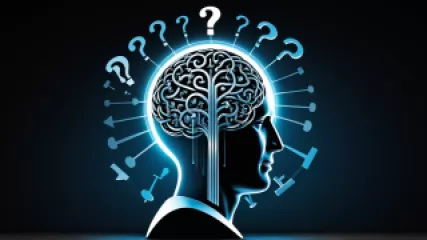Demystifying Mood Swings: The Ultimate Guide
vor 1 Jahr
Stimmungen verstehen
Effective Self-Help Tips for Managing Depression
vor 1 Jahr
Selbsthilfetipps bei Depression
Exploring the Intersection of Philosophy and Psychology: A Beginner's Guide
vor 1 Jahr
Philosophie und Psychologie
Why Understanding Emotions is Key
vor 1 Jahr
Grundlagen der emotionalen Intelligenz
Top 5 Emotional Intelligence Basics for Managing Emotional Responses
vor 1 Jahr
Grundlagen der emotionalen Intelligenz
Exploring the Connection Between Philosophy and Psychology
vor 1 Jahr
Philosophie und Psychologie
Balancing Mind and Body: The Ultimate Guide to Integrating Wellness Coaching Services
vor 1 Jahr
Geist-Körper-Dichotomie
10 Powerful Emotional Wellness Tips for Understanding Your Moods
vor 1 Jahr
Stimmungen verstehen
Lessons from 'Inside Out' to Understand Your Moods
vor 1 Jahr
Stimmungen verstehen
From Skeptic to Seeker: My Life Coaching Journey in Philosophy and Psychology
vor 1 Jahr
Philosophie und Psychologie
How to Discover Yourself Through Philosophy and Psychology
vor 1 Jahr
Philosophie und Psychologie
How to Find the Best Mental Health Apps in the App Store
vor 1 Jahr
Apps für psychische Gesundheit
Mastering Self-Sabotage: A Step-by-Step Guide
vor 1 Jahr
Selbstsabotage verstehen
10 Best Digital Therapy Solutions for Understanding Your Moods
vor 1 Jahr
Stimmungen verstehen
Bridging the Mind-Body Gap: A Step-by-Step Guide to Holistic Well-being
vor 1 Jahr
Geist-Körper-Dichotomie















